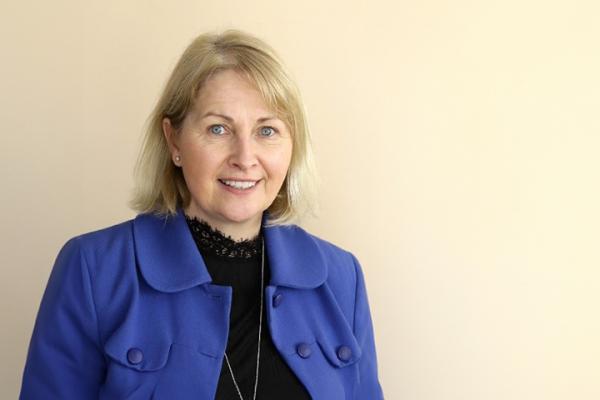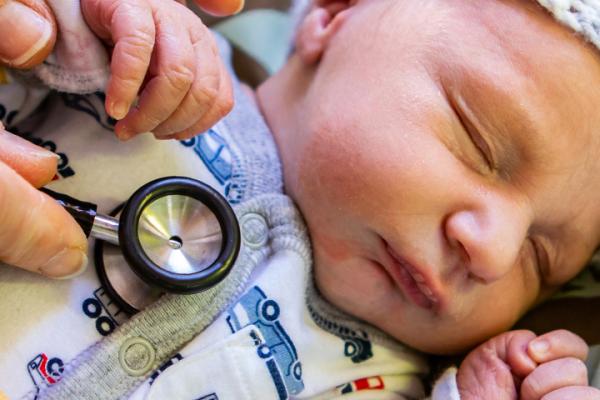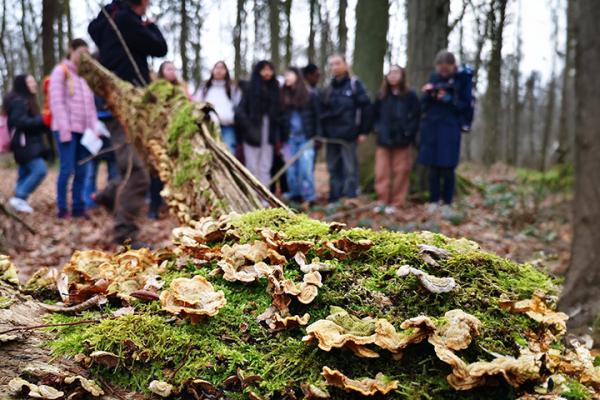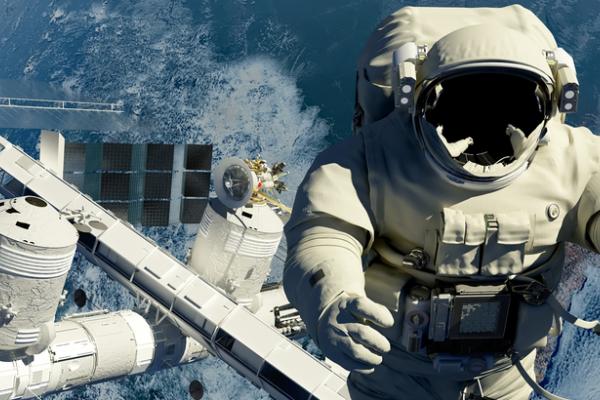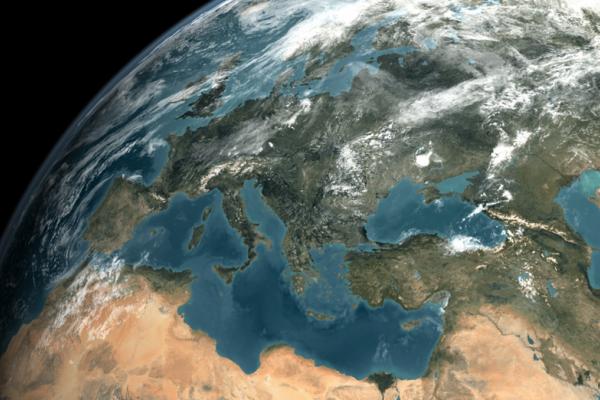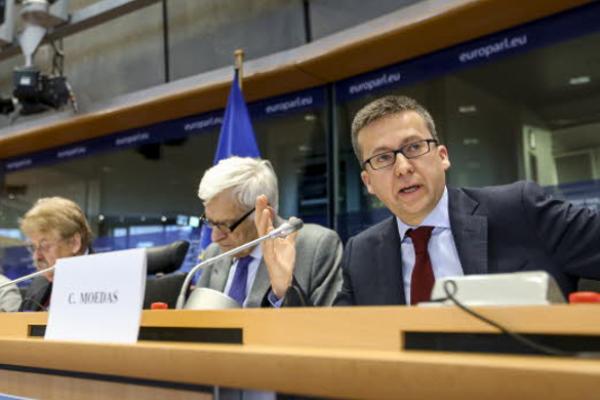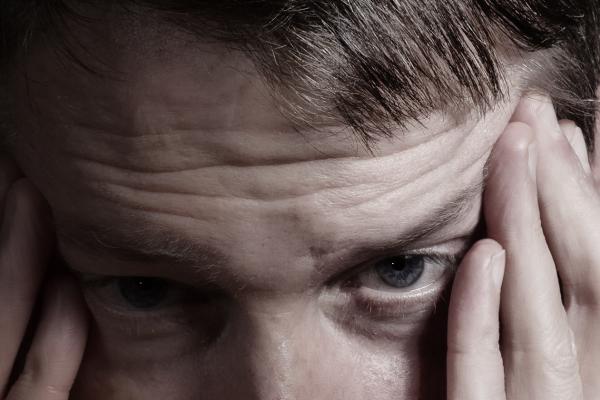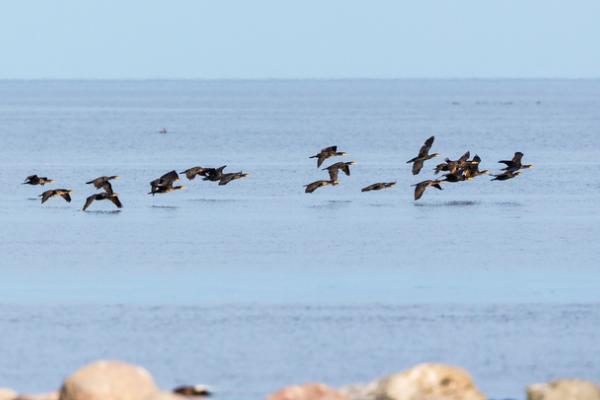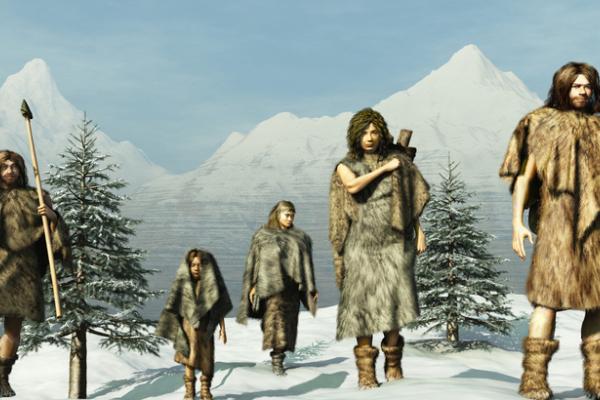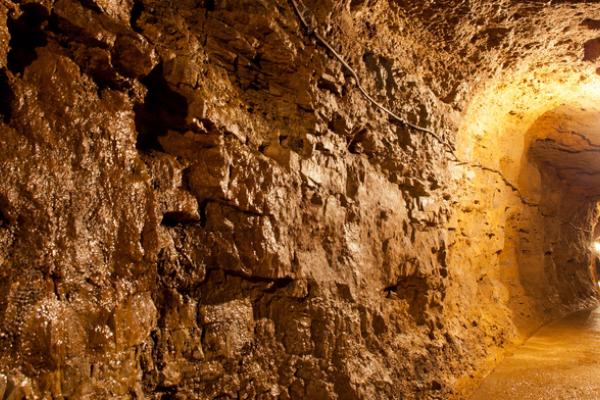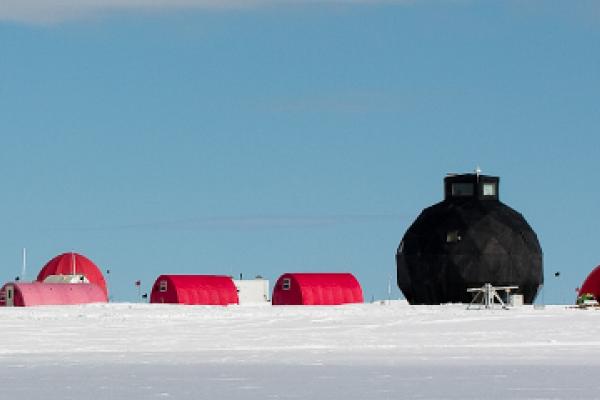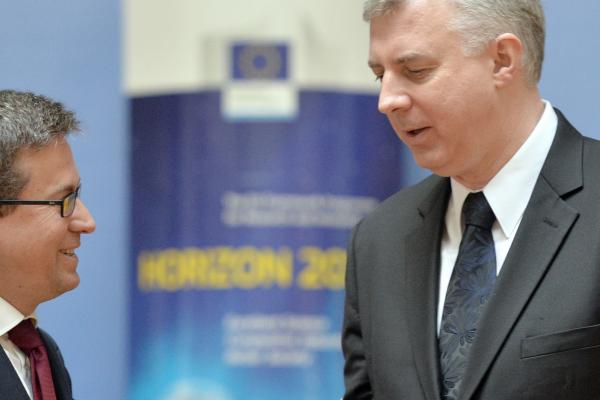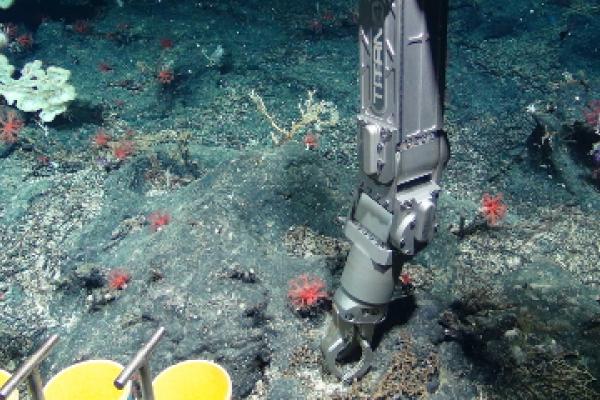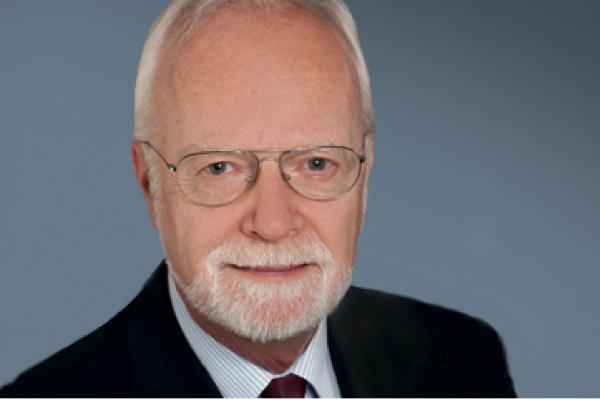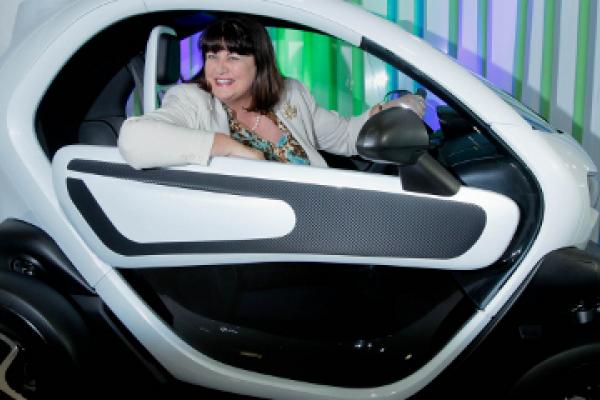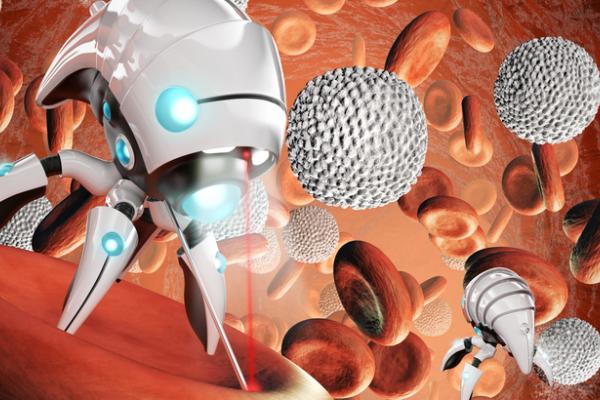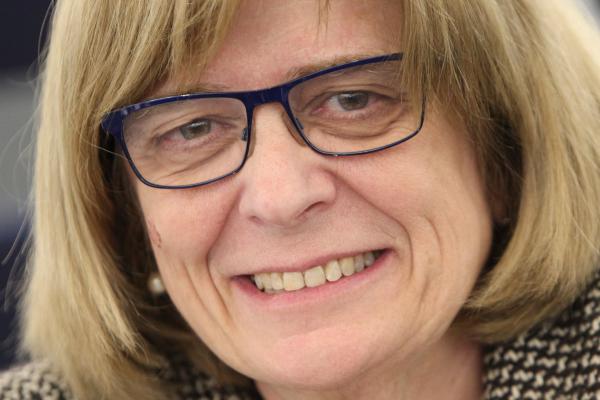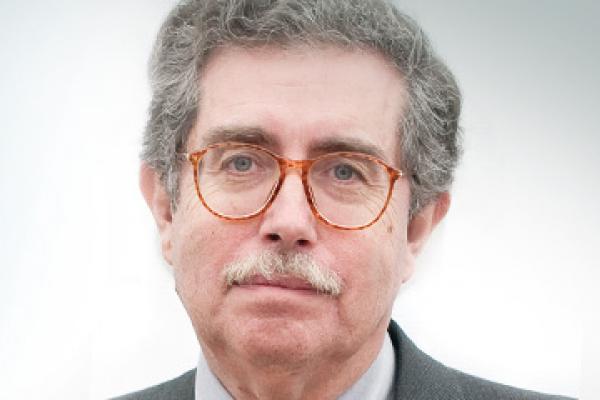EU-funded researchers are exploring new ways to learn that make science more relevant to everyday life – and more fun.
Special series

Researchers on a mission
The EU is on a mission with researchers to protect our planet and society.
By helping researchers discover new ways to improve people’s lives, and to protect us from climate change and global health shocks, the EU is building a better future for all of us.
Most popular
-
1
-
2By Andrew Dunne
-
3By Horizon Staff
-
4By Helen Massy-Beresford
-
5
Top videos
Miracle material enters the limelight with European help
14 July 2024
Pioneering care for preemies – from artificial placentas to brain-healing stem cells
12 July 2024
Past articles
Researchers are cultivating laboratory-grown human skin that can be grafted onto the body to repair defects caused by burns, surgery or disease.
Land-use information at the level of individual fields and forests is often scarce in developing countries and remote areas, but that could be changing thanks to the explosion of mobile phone ownership.
Astrophysicists in Germany are piecing together the final parts of a map that will help tell us whether the Milky Way suffered a massive collision with another galaxy, billions of years ago.
A human centrifuge is helping turn back the clock on space-ageing – the process by which six months away from earth can make your body seem 20 years older.
Carlos Moedas, European Commissioner for Research, Science and Innovation, welcomed Ukraine as a full member of Horizon 2020 last month.
Science can bring together countries which are in conflict with each other, Europe’s Research Commissioner told an event in Brussels on collaboration between the EU and neighbouring countries.
Wrinkle-fighting Botox could help fight depression, and it’s not just because a smoother complexion makes people feel more confident.
Tiny units of light known as photons have unusual qualities which are now being used to generate secure keys to encode communications and make them impossible to crack.
Birds might be able to see the earth’s magnetic field as dark areas superimposed on their vision, like a fighter pilot's heads-up display, and scientists are close to working out how.
New genomic data suggests that when Europeans emerged from the last ice age they were close to becoming extinct.
Political challenges rather than geological availability are what threatens the EU’s supply of raw materials, according to Dr Henrike Sievers from the German Federal Institute for Geosciences and Natural Resources, who is working on a project to map all of Europe’s own mineral resources.
Cylinders of ice from Greenland and Antarctica are giving new insights into previous eras of warmer climates, and the data is being used to test models for predicting future climate change.
Ukrainian researchers will be able to take full advantage of the EU research fund, known as Horizon 2020, after the country signed up to its first EU programme.
Thousands of metres below the Atlantic Ocean live strange types of coral that no human has ever set eyes on. Or at least that was true until last year, when a group of researchers began investigating the uncharted abyss with a remotely-operated vehicle.
Europe needs to cooperate with increasingly innovative countries such as China and Brazil if it is to become more competitive, according to Professor Manfred Horvat, an adviser to the EU who has been involved in international cooperation since the early 1990s.
Member States’ agreement to boost research funding by 30 % shows just how crucial research and innovation are to Europe, according to Máire Geoghegan-Quinn, European Commissioner for Research, Innovation and Science 2010-2014.
Once seen as the Cinderella of EU research programmes in an era dominated by high-tech industries, social sciences and humanities are now essential to extracting value from research, says Professor Luc Soete, Rector Magnificus of Maastricht University, the Netherlands.
Europe’s support for industry has evolved from single technology programmes to large-scale partnerships involving whole sectors and hundreds of researchers, and it’s helping Europe’s industry keep a leading position in sectors such as energy and transport.
European policymakers wanted the EU’s latest funding programme, Horizon 2020, to demonstrate how research and innovation make Europe more competitive and – in doing so – more attractive to its inhabitants, according to Teresa Riera Madurell, a former MEP who represented the European Parliament in the negotiations on Horizon 2020.
Public funding for research is dangerously low in many countries and collective action needs to be taken, according to Professor José Mariano Gago, a physicist and former Portuguese Minister for Science, Technology and Higher Education.
Weekly news alert






